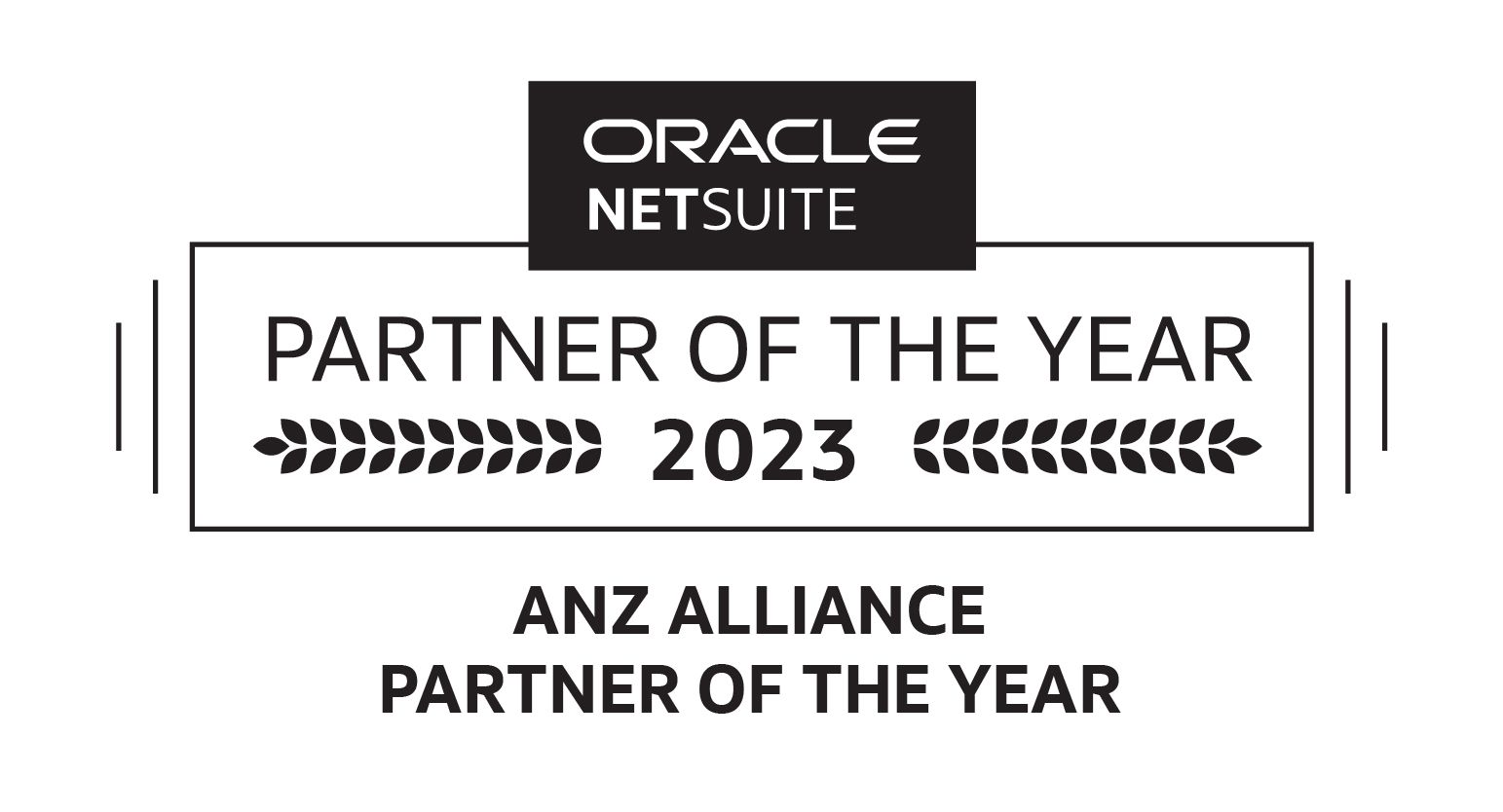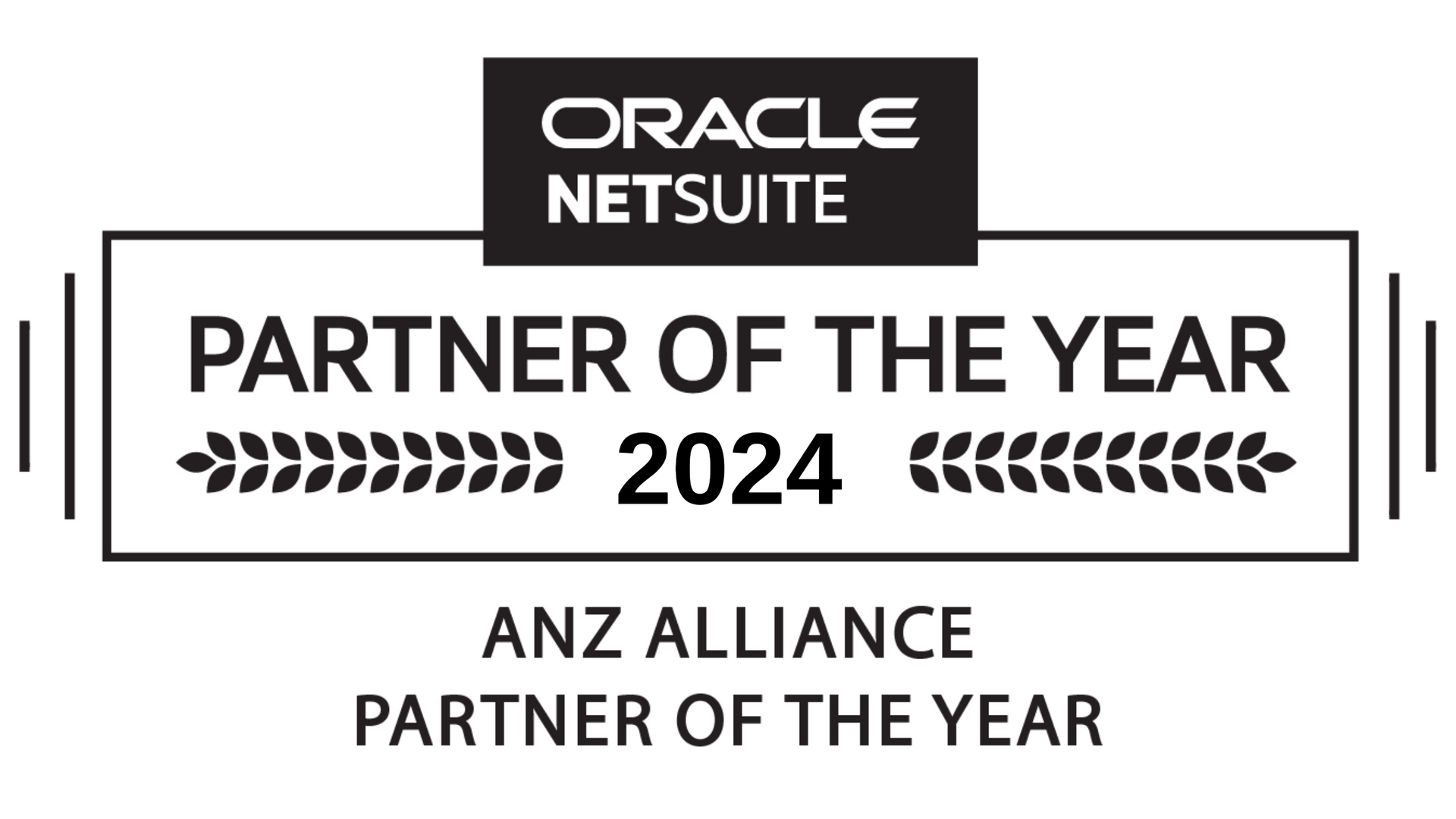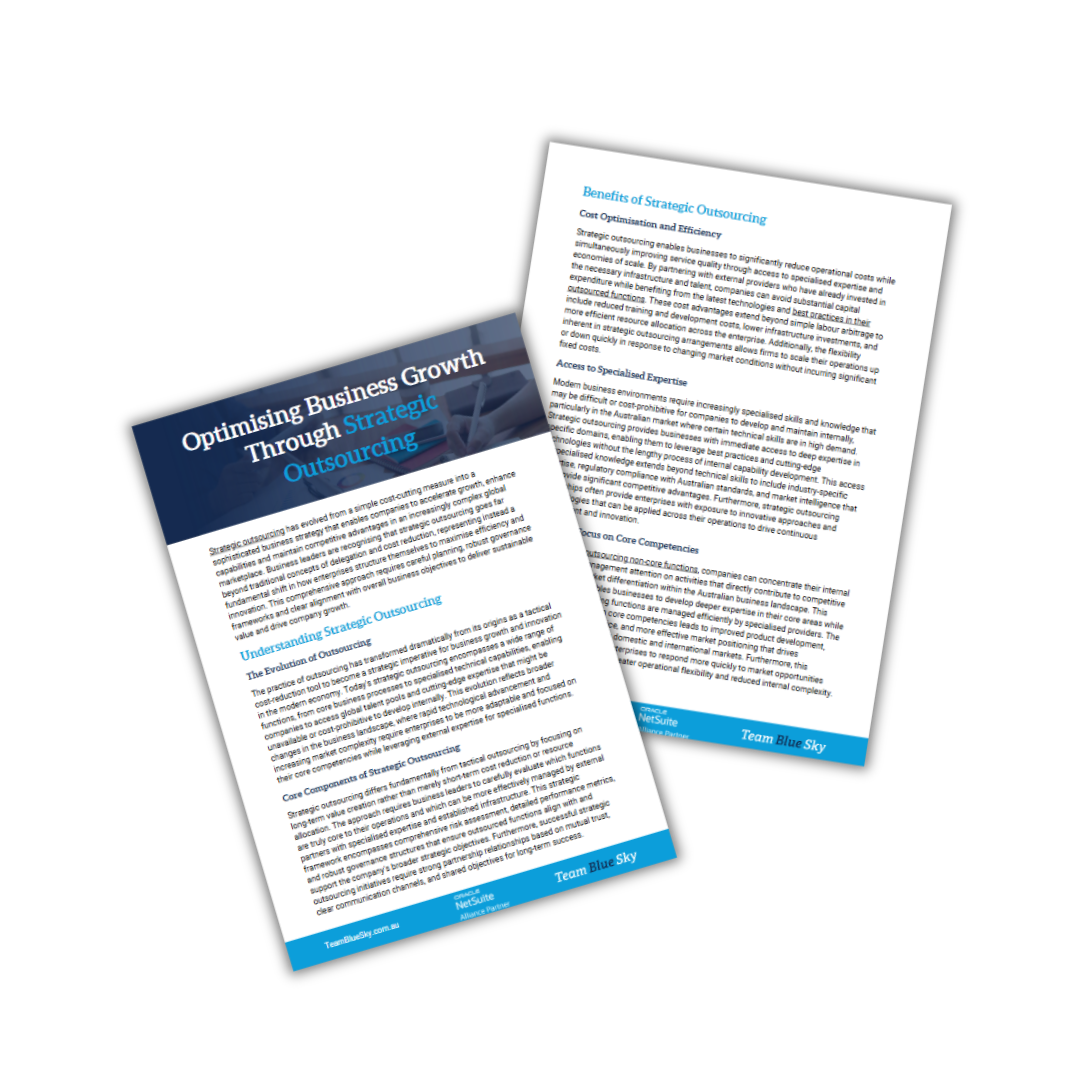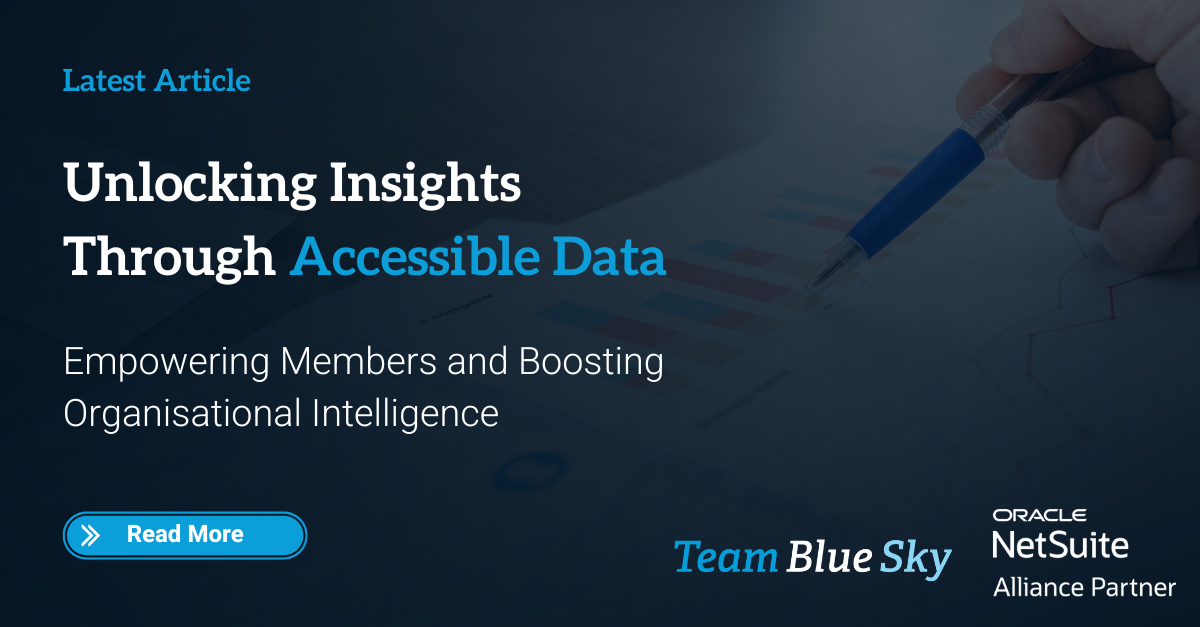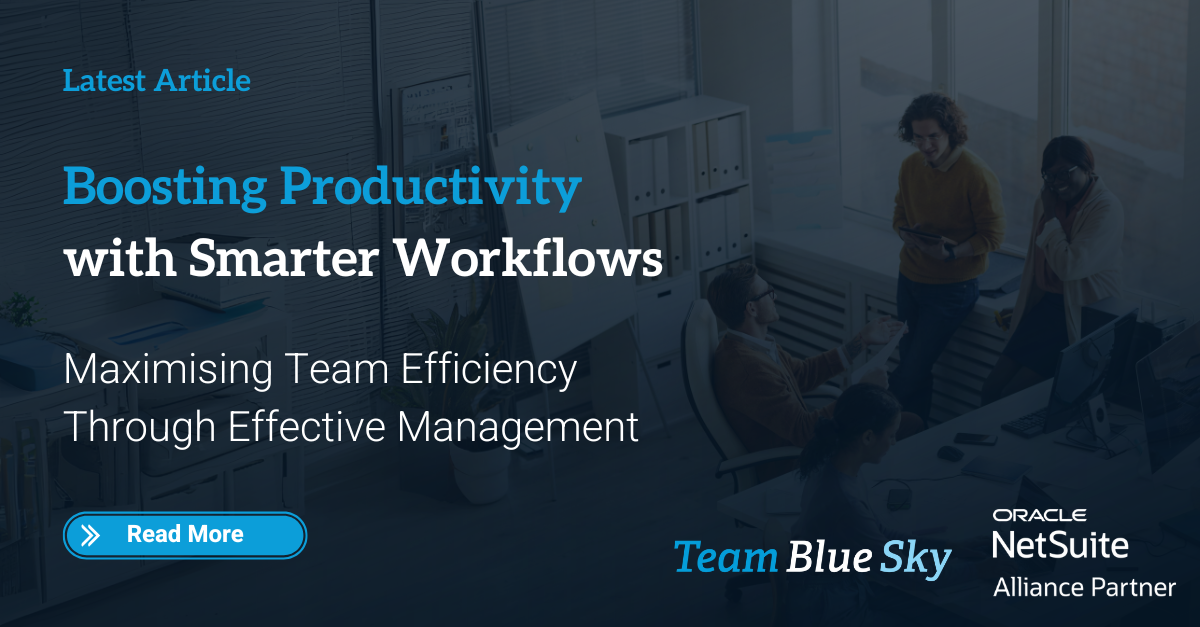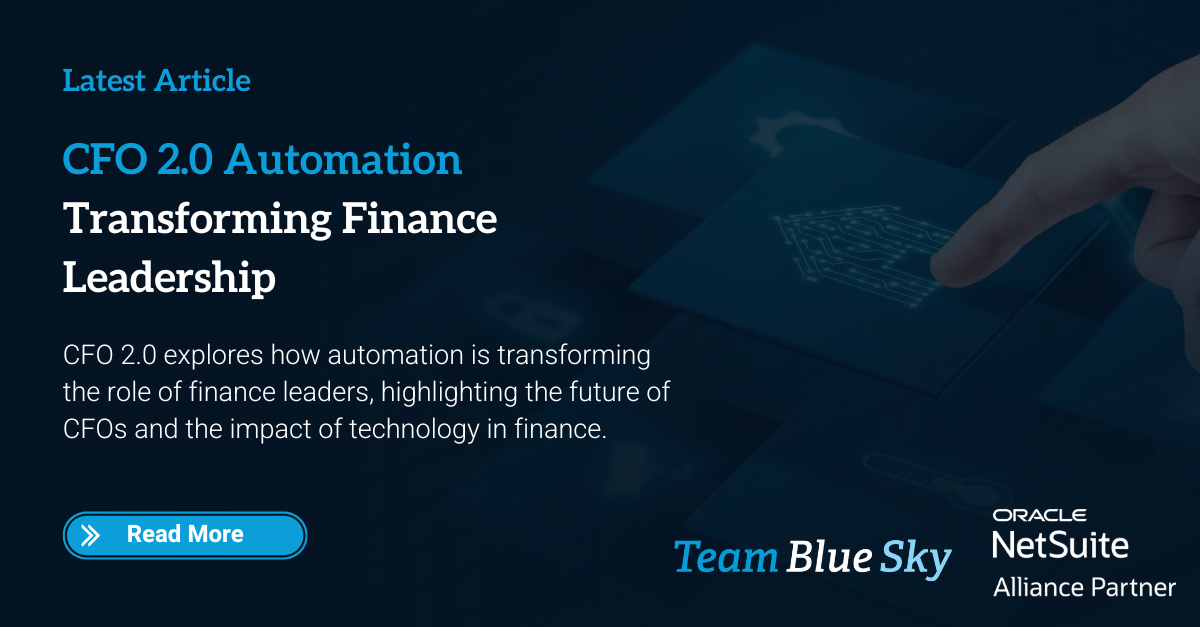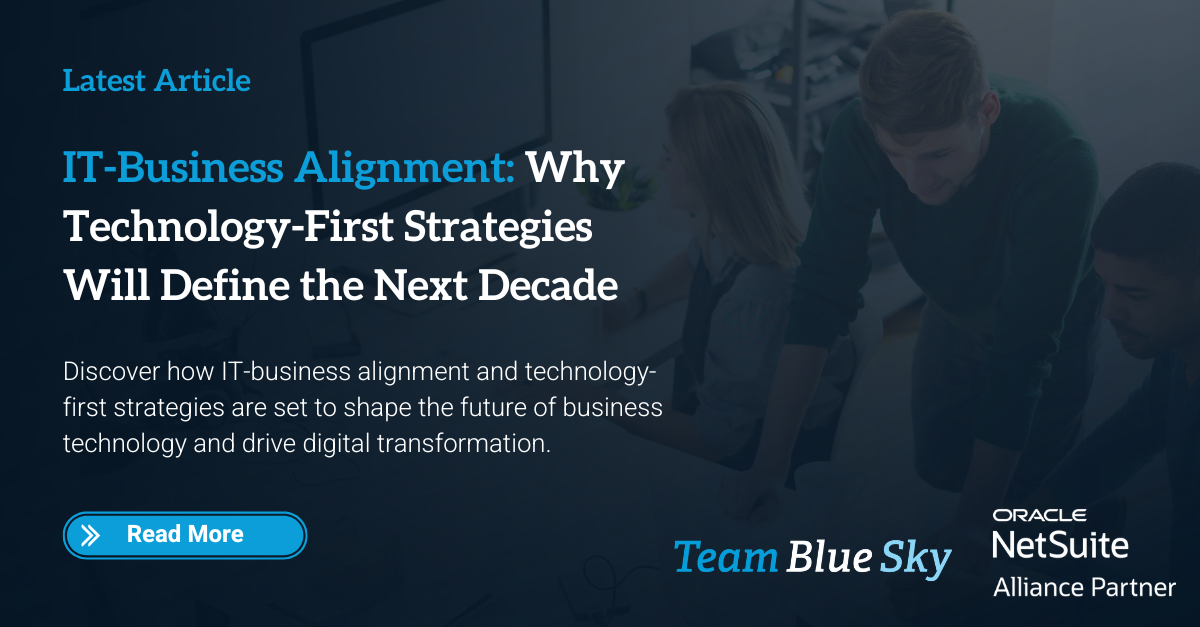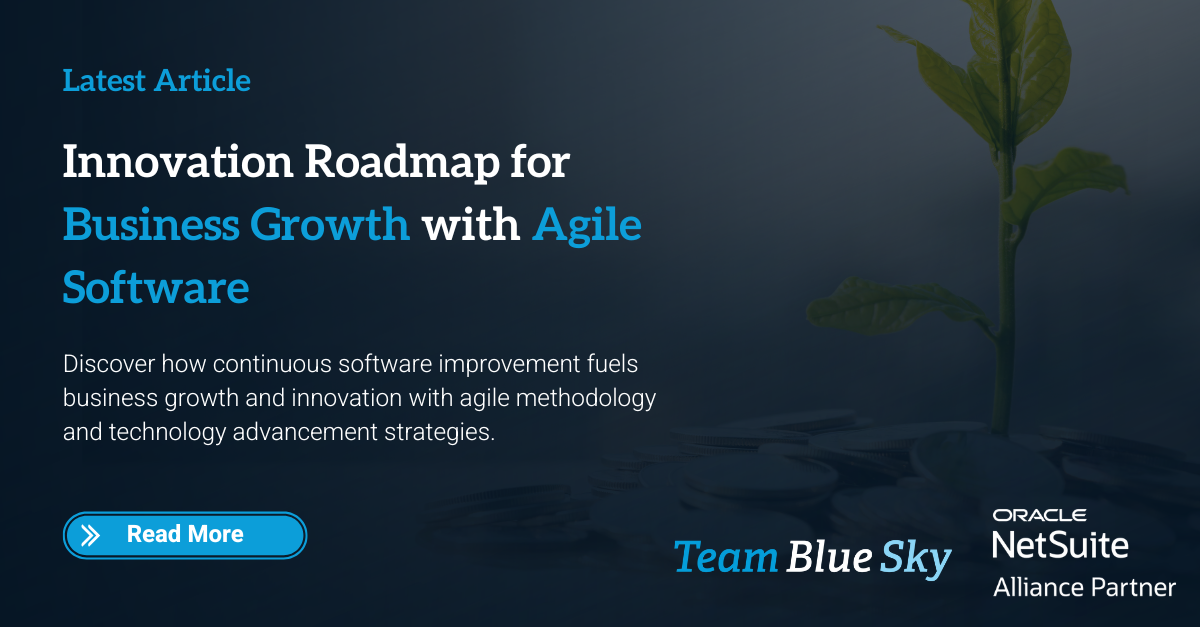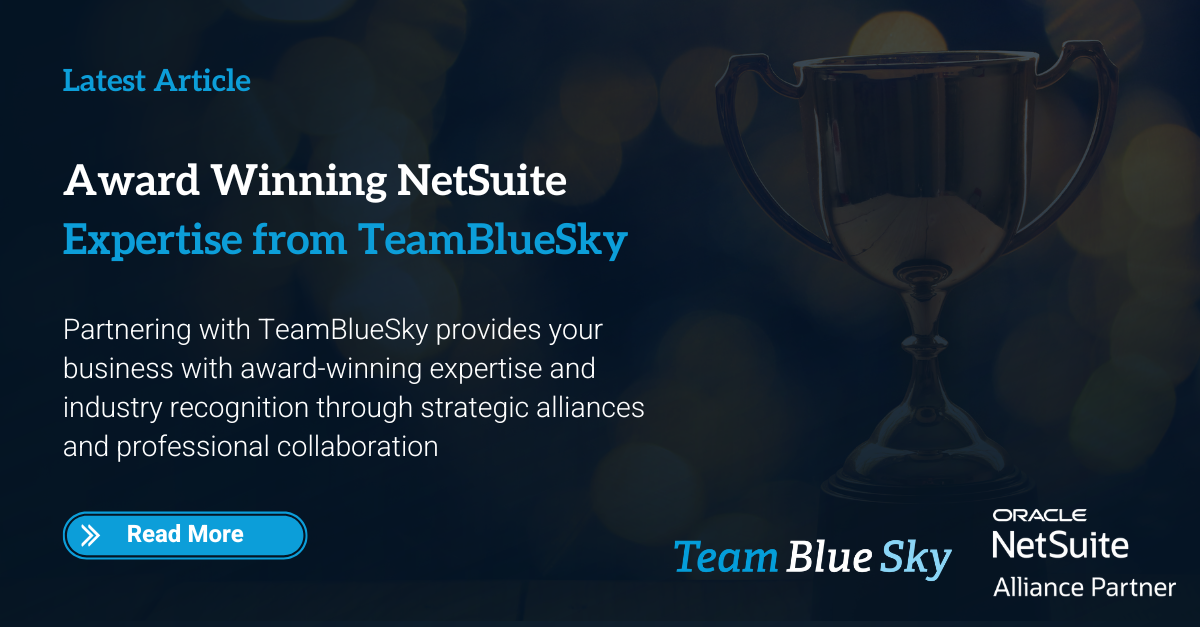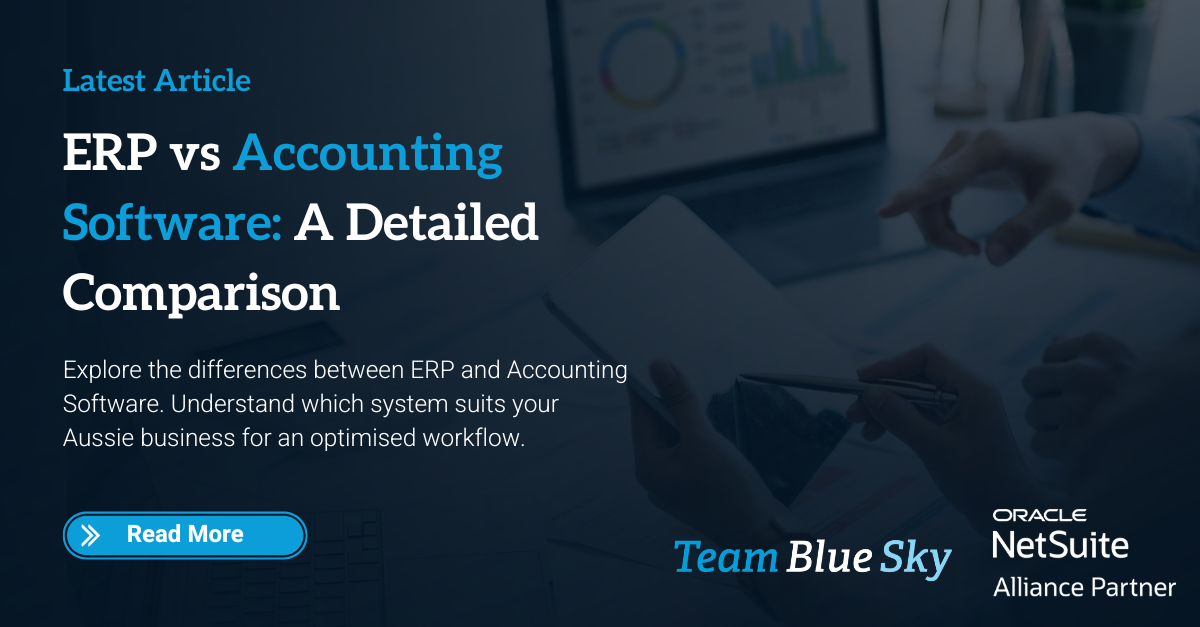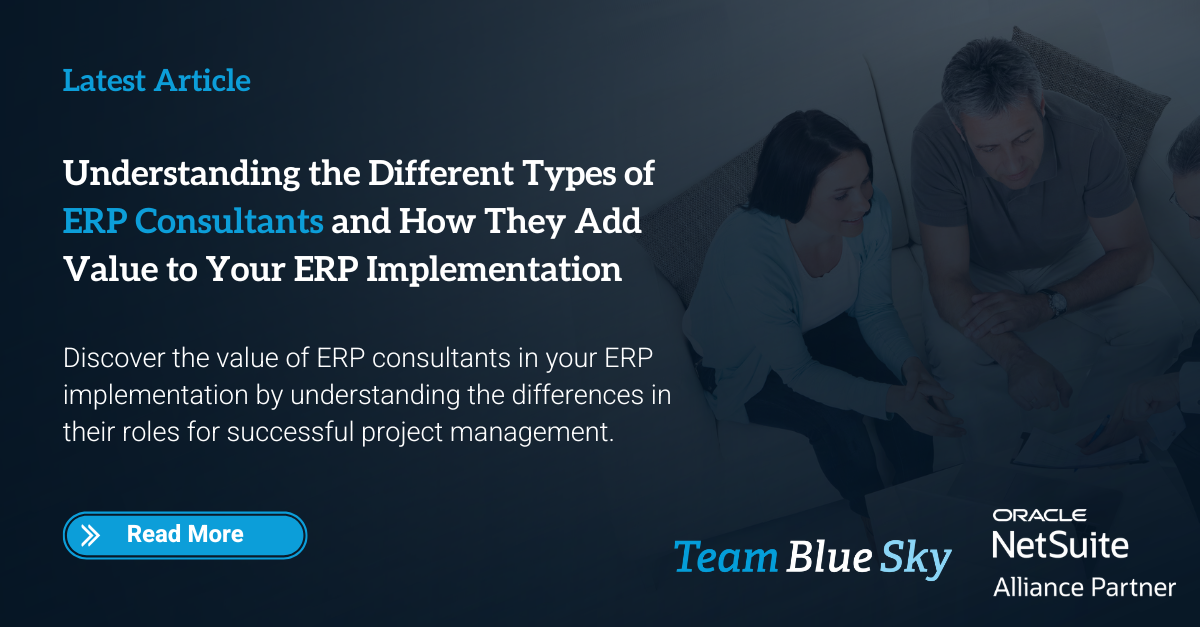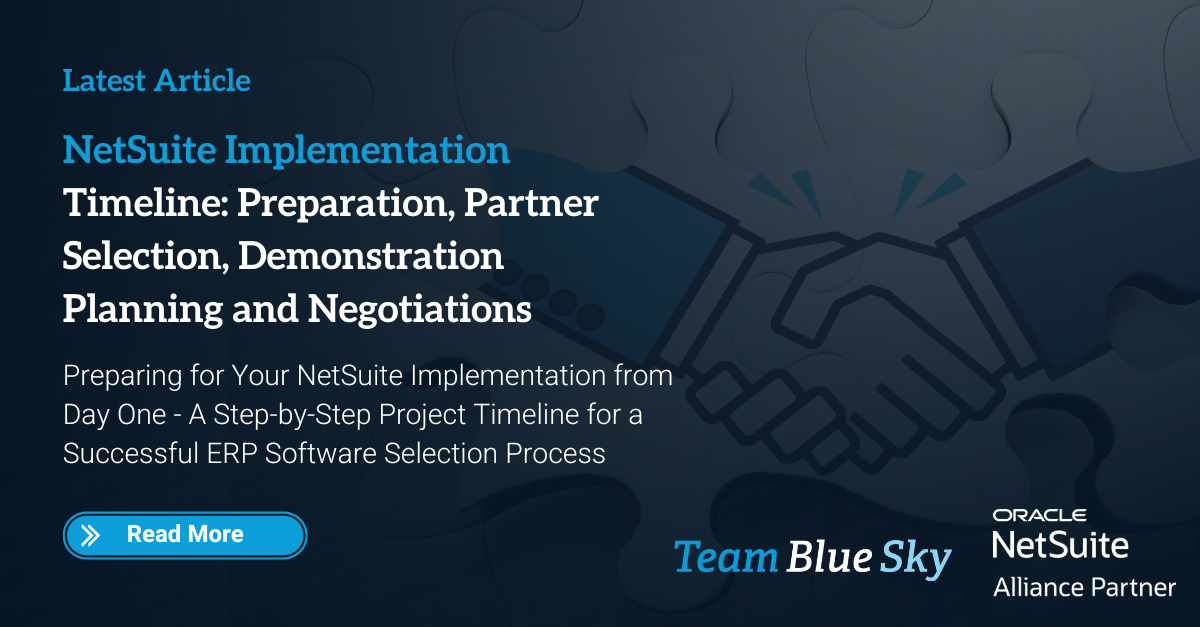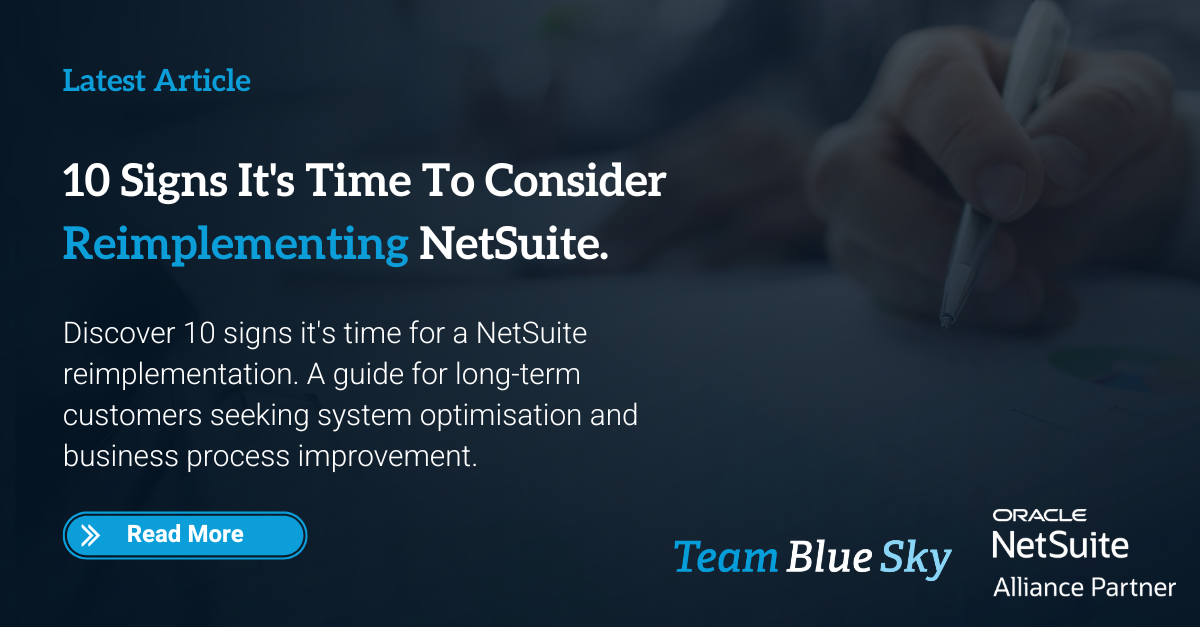Optimising Business Growth Through Strategic Outsourcing
Strategic outsourcing has evolved from a simple cost-cutting measure into a sophisticated business strategy that enables companies to accelerate growth, enhance capabilities and maintain competitive advantages in an increasingly complex global marketplace. Business leaders are recognising that strategic outsourcing goes far beyond traditional concepts of delegation and cost reduction, representing instead a fundamental shift in how enterprises structure themselves to maximise efficiency and innovation. This comprehensive approach requires careful planning, robust governance frameworks and clear alignment with overall business objectives to deliver sustainable value and drive company growth.
Understanding Strategic Outsourcing
The Evolution of Outsourcing
The practice of outsourcing has transformed dramatically from its origins as a tactical cost-reduction tool to become a strategic imperative for business growth and innovation in the modern economy. Today's strategic outsourcing encompasses a wide range of functions, from core business processes to specialised technical capabilities, enabling companies to access global talent pools and cutting-edge expertise that might be unavailable or cost-prohibitive to develop internally. This evolution reflects broader changes in the business landscape, where rapid technological advancement and increasing market complexity require enterprises to be more adaptable and focused on their core competencies while leveraging external expertise for specialised functions.
Core Components of Strategic Outsourcing
Strategic outsourcing differs fundamentally from tactical outsourcing by focusing on long-term value creation rather than merely short-term cost reduction or resource allocation. The approach requires business leaders to carefully evaluate which functions are truly core to their operations and which can be more effectively managed by external partners with specialised expertise and established infrastructure. This strategic framework encompasses comprehensive risk assessment, detailed performance metrics, and robust governance structures that ensure outsourced functions align with and support the company's broader strategic objectives. Furthermore, successful strategic outsourcing initiatives require strong partnership relationships based on mutual trust, clear communication channels, and shared objectives for long-term success.
Benefits of Strategic Outsourcing
Cost Optimisation and Efficiency
Strategic outsourcing enables businesses to significantly reduce operational costs while simultaneously improving service quality through access to specialised expertise and economies of scale. By partnering with external providers who have already invested in the necessary infrastructure and talent, companies can avoid substantial capital expenditure while benefiting from the latest technologies and best practices in their outsourced functions. These cost advantages extend beyond simple labour arbitrage to include reduced training and development costs, lower infrastructure investments, and more efficient resource allocation across the enterprise. Additionally, the flexibility inherent in strategic outsourcing arrangements allows firms to scale their operations up or down quickly in response to changing market conditions without incurring significant fixed costs.
Access to Specialised Expertise
Modern business environments require increasingly specialised skills and knowledge that may be difficult or cost-prohibitive for companies to develop and maintain internally, particularly in the Australian market where certain technical skills are in high demand. Strategic outsourcing provides businesses with immediate access to deep expertise in specific domains, enabling them to leverage best practices and cutting-edge technologies without the lengthy process of internal capability development. This access to specialised knowledge extends beyond technical skills to include industry-specific expertise, regulatory compliance with Australian standards, and market intelligence that can provide significant competitive advantages. Furthermore, strategic outsourcing partnerships often provide enterprises with exposure to innovative approaches and methodologies that can be applied across their operations to drive continuous improvement and innovation.
Managing Risks and Challenges
Security and Data Protection
Australian businesses must pay particular attention to security and data protection when implementing strategic outsourcing initiatives, especially given the stringent requirements of local privacy laws and regulations. Companies need to establish comprehensive security protocols and data protection measures that align with Australian Privacy Principles and industry-specific regulations. Regular security audits, clear data handling procedures, and robust incident response plans are essential components of any strategic outsourcing arrangement. Furthermore, businesses must ensure their outsourcing partners maintain appropriate security certifications and demonstrate ongoing commitment to protecting sensitive information.
Cultural and Communication Challenges
Managing cross-cultural relationships and communication presents unique challenges in strategic outsourcing arrangements, particularly for Australian companies working with international providers. Business leaders must invest in developing cultural awareness and establishing clear communication protocols that bridge potential gaps in understanding and expectations. Regular face-to-face meetings, despite geographical distances, play a crucial role in building strong working relationships and maintaining alignment between partners. Moreover, successful firms often establish dedicated communication channels and regular check-ins to ensure consistent understanding and execution of objectives.
Conclusion
Strategic outsourcing represents a powerful tool for Australian businesses seeking to optimise their operations and drive sustainable growth in an increasingly competitive global marketplace. The success of strategic outsourcing initiatives depends on careful planning, robust governance frameworks, and strong partnership relationships that align with overall business objectives. As market conditions continue to evolve, companies must maintain flexibility in their approach while ensuring their outsourcing strategies support long-term value creation and competitive advantage.
Looking ahead, the role of
strategic outsourcing in business growth and innovation will likely continue to expand as new technologies and service delivery models emerge. Australian enterprises that successfully leverage strategic outsourcing will be better positioned to compete in both domestic and international markets, driving sustainable growth through enhanced capabilities and operational efficiency. The key to success lies in maintaining a balanced approach that considers both immediate operational needs and long-term strategic objectives while fostering strong partnerships based on mutual trust and shared value creation.

Henry Sack
General Manager

With over 12 years of experience as a NetSuite implementation consultant, Henry Sack leads TeamBlueSky’s team of NetSuite and accounting experts in his role of General Manager.
TeamBlueSky is a leading Australian
NetSuite Alliance Partner whose mission is to provide critical
NetSuite BPO and
Payroll services to NetSuite clients who are wanting to simplify their
back office processes and partner with a leading
NetSuite administration expert.
TeamBlueSky have also partnered with global Suite Developer Network partners to offer local solutioning, implementation and support services for global NetSuite SuiteApps.


